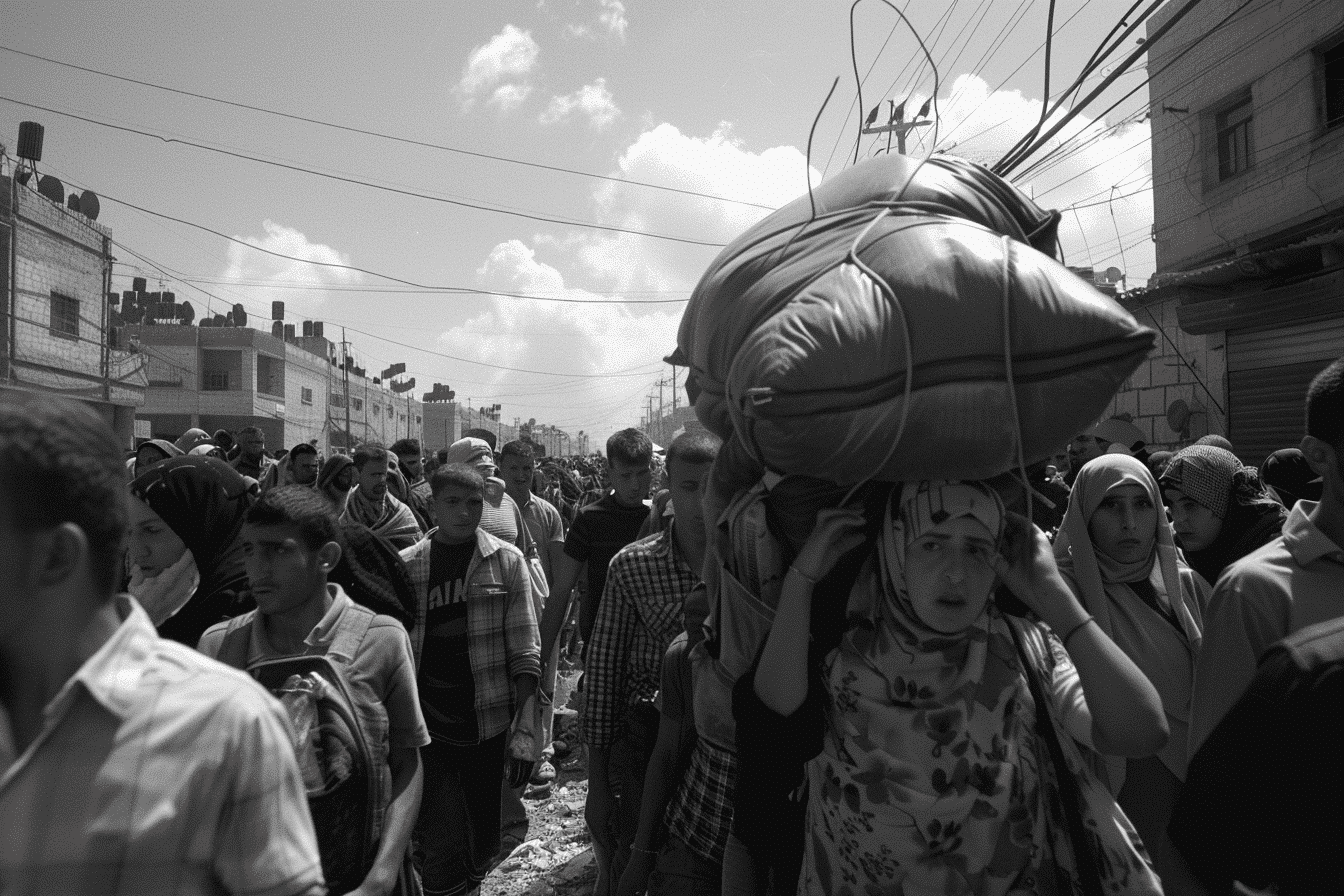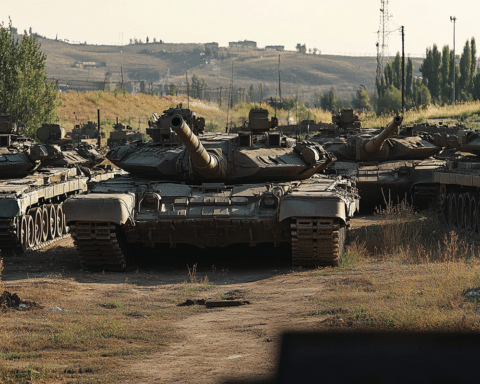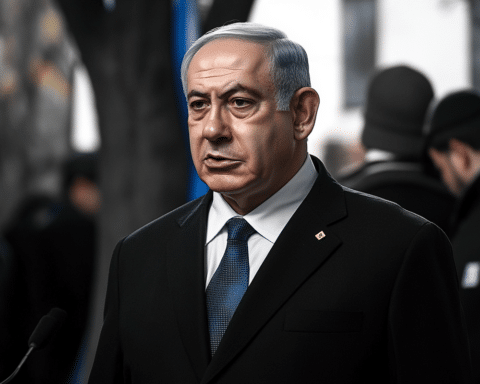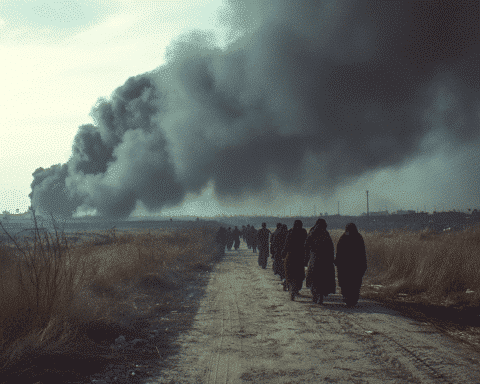In the shadow of escalating violence in the southern Gaza city of Rafah, over 110,000 civilians have been forced to flee their homes as intense fighting between Israeli troops and Palestinian militants continues. The conflict has led to the closure of crucial aid crossings, severely disrupting the delivery of much-needed humanitarian aid. Georgios Petropoulos of the U.N. Office for Coordination of Humanitarian Affairs highlighted the dire situation, indicating that essential supplies like food and fuel are exhausted.
The Rafah Crisis: A Ticking Time Bomb
Heavy clashes on the outskirts of Rafah have made the nearby aid crossings, vital for the flow of humanitarian aid, completely inaccessible. According to U.N. officials, more than 110,000 individuals have fled northward, seeking safety as resources dwindle rapidly. The World Food Program has projected that its food supplies in southern Gaza will be depleted by Saturday, illustrating the situation’s urgency. Georgios Petropoulos expressed grave concerns about the impending humanitarian crisis, noting the critical shortage of essential supplies.
On the Brink of Despair: Civilians Caught in the Crossfire
The conflict in Rafah has not only jeopardized aid operations but also heightened fears among residents of a more significant impending assault. Artillery shelling and gunfire have become a nightly terror, further destabilizing the already fraught region. Displaced civilians, including families who have relocated multiple times, face increasingly grim conditions with no food or water. Raed al-Fayomi, a displaced individual, lamented the desperate living conditions falling “below zero.”
A Glimmer of Hope Amidst Devastation
Despite the dire circumstances, international organizations continue to strive for relief efforts. The U.N. agency for Palestinian refugees, UNRWA, reported significant displacement within Rafah, with many seeking refuge in partially destroyed nearby cities. The medical clinic operated by Project Hope in Deir al-Balah has seen an influx of Rafah residents needing urgent care, emphasizing the dire need for medical and logistical support in accommodating the displaced populations.
The ongoing conflict in Rafah represents a severe humanitarian crisis that requires immediate international attention and intervention. The closure of aid crossings due to active combat operations has escalated the suffering of civilians who now face displacement without access to essential supplies. The international community must act swiftly to restore access to these vital points to mitigate the humanitarian disaster unfolding in Gaza. The resilience and urgent needs of the displaced populations cannot be overstated as they endure these harrowing conditions.




